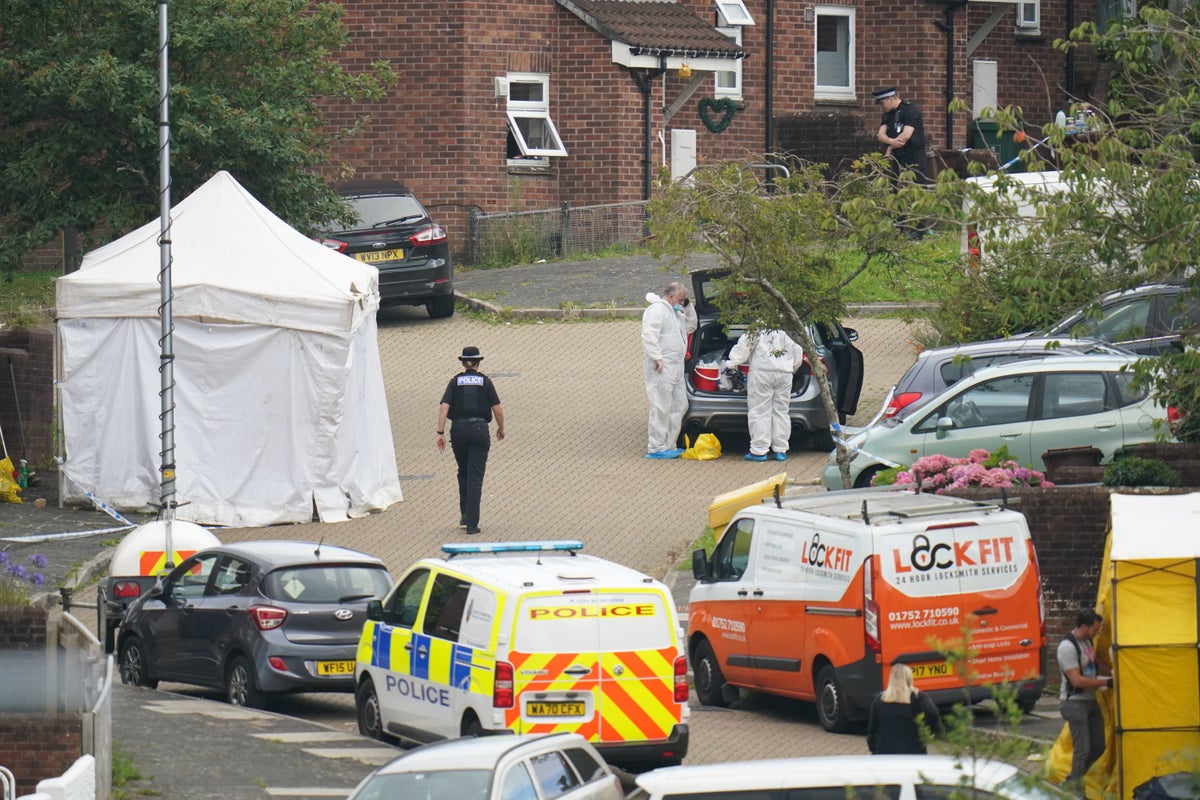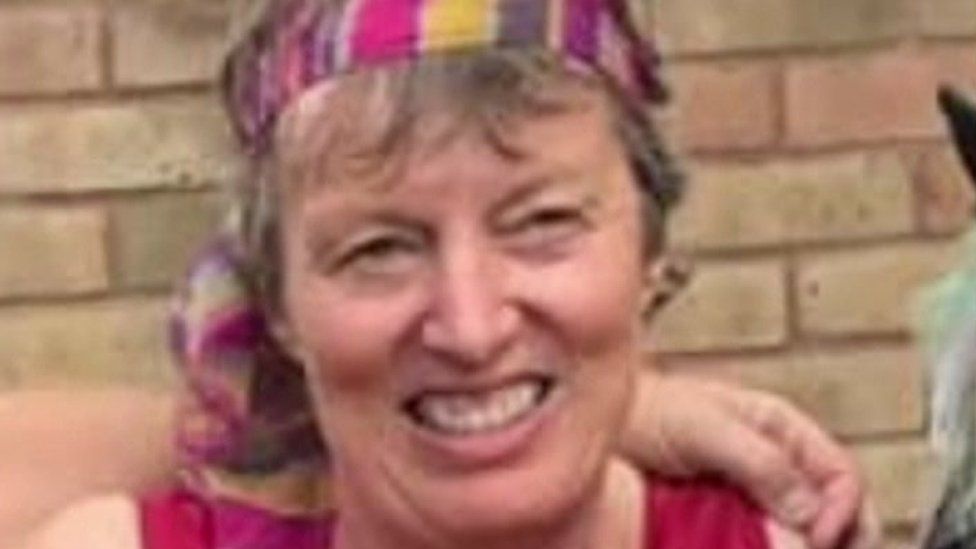
Britain’s gun laws “need root and branch reform” to protect the public, the government has been warned after the Plymouth shooting.
Inquests into the deaths of five victims murdered by Jake Davison in August 2021 revealed that police allowed him to keep a shotgun despite previous violent attacks and an interest in incel culture.
Ian Arrow, senior coroner for Plymouth, Torbay and South Devon, said the failings went beyond local police and that there had been a “serious failure at a national level” to learn from previous deadly shootings.
“In my opinion, action should be taken to prevent future deaths and I believe you have the power to take such action,” he said in comments aimed at the government. “The 1968 firearms legislation needs root and branch reform.”
Almost 540,000 people are licensed to own a gun in England and Wales, with 522,627 shotgun certificates and 151,218 firearm certificates issued.
Legally held guns have been used in a series of murders, including the recent shooting at Epsom College where George Pattison is believed to have shot his wife, Emma, and their seven-year-old daughter dead before killing himself.
Mr Arrow said that current laws carry a presumption that firearm and shotgun certificates “shall be granted” unless various requirements are not met, and drove Devon and Cornwall Police’s licensing unit to “tend to default in favour” of granting applications.
“I am concerned that this approach is at odds with public safety and the fundamental principle that owning a gun is a privilege and not a right,” Mr Arrow wrote.
“The public would be better protected if the legislation provided that a certificate ‘shall not be granted’ unless the applicant has satisfied the relevant chief officer of police that they are safe to hold a gun of any type.”
Last month, the families of Davison’s victims called for a “complete overhaul” of firearms licensing to stop the “catastrophic” failings found in the inquests being repeated.

A joint statement, read by lawyer Patrick Maguire, said: “The current system and any perceived changes since this attack does not reassure us. It should not reassure the public.
“We hope that change can come so no other family has to endure the torment of what we have been, and still are, going through.”
Devon and Cornwall Police chief constable Will Kerr had also called for the Firearms Act to be rewritten so that a licence “shall not be granted” unless the applicant has satisfied the police that they are safe to hold a gun.
Delivering their findings last month, the inquest jury condemned a series of mistakes by Devon and Cornwall Police that contributed to Davison’s rampage on 12 August 2021, which was the UK’s worst mass shooting in over a decade.
The 22-year-old murdered his mother before roaming the streets with a pump-action shotgun and killing a three-year-old girl, her father and two other passers-by.

Following the five-week inquest into his victims’ deaths, jurors concluded that the killings happened because Davison was allowed to legally own a shotgun, following “serious failures” in the granting of his licence.
They found errors linked to failures to implement changes recommended following the 1996 Dunblane school massacre.
A report called for an accredited training regime for “firearms enquiry officers” (FEOs), who are responsible for assessing licences and conducting background checks, but it was not set up.
Mr Arrow said that numerous recommendations from previous inquiries and reviews following shootings had not been put into effect.
“If any lessons had been learned in the aftermath of earlier tragedies, they have been forgotten and that learning had been lost,” he wrote.

“I am concerned to ensure that the momentum to effect change after the horrific tragedy in Keyham should not be lost, as it has been in respect of lessons and recommendations over the past 27 years.”
The Independent Office for Police Conduct (IOPC) has launched a criminal investigation into Devon and Cornwall Police over a “potential corporate failing” under health and safety laws.
The watchdog has made numerous recommendations for change, which would require enhanced checks on applicants to flag previous police involvement that may not have resulted in a criminal conviction.
It said the Home Office should add Autism Spectrum Disorder to the list of relevant medical conditions to be taken into consideration, remove any legal distinction between shotgun and firearms certificate, and called for open-source research for all applicants.
In Davison’s case, those would have revealed his vocal online interest in incel culture, and his social media discussions of his mental health issues and hatred of his mother.

Police did not declare the shooting a terror attack because they believed he was primarily driven by mental health issues and personal grievances, rather than an “ideological cause” that would meet the UK’s legal definition of terrorism.
A Home Office spokesperson said: “Since the tragedy, the government has already taken steps to tighten firearms licencing including social media checks and a requirement for police to review information provided by GPs.
“We thank the coroner for his report. We will carefully consider the findings and respond in due course.”
The national police lead for firearms licensing, Chief Constable Debbie Tedds, said police would “learn the lessons from this for the safety of the public”.
“We will continue to work with colleagues in the Home Office and College of Policing to implement nationally accredited training and review firearms licensing legislation and guidance for police forces to guard against anything like this happening again,” she added.
Iain Raphael, director of public safety at the College of Policing, said: “We would like to reassure the public that we take this report seriously and are committed to learning from any past failings.
“Together with the NPCC and Home Office, we are also actively working to see how we can develop a sustainable training, and accreditation process.”







